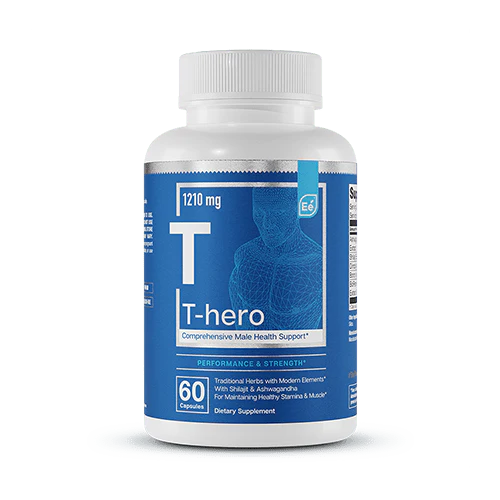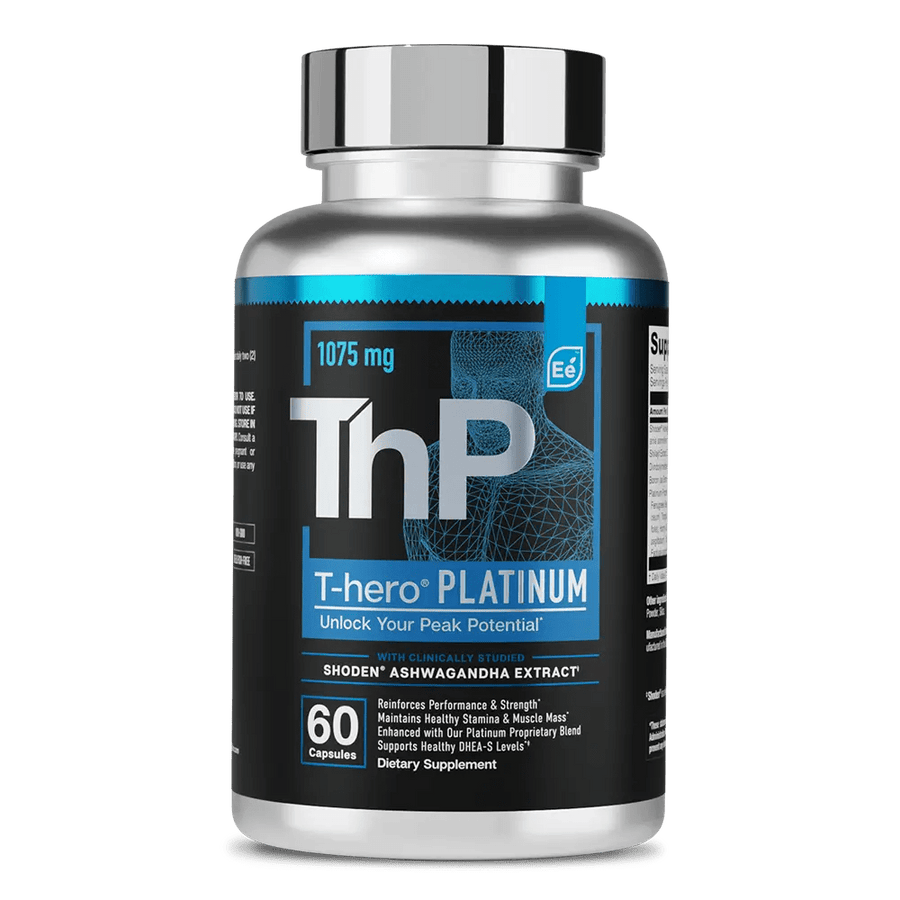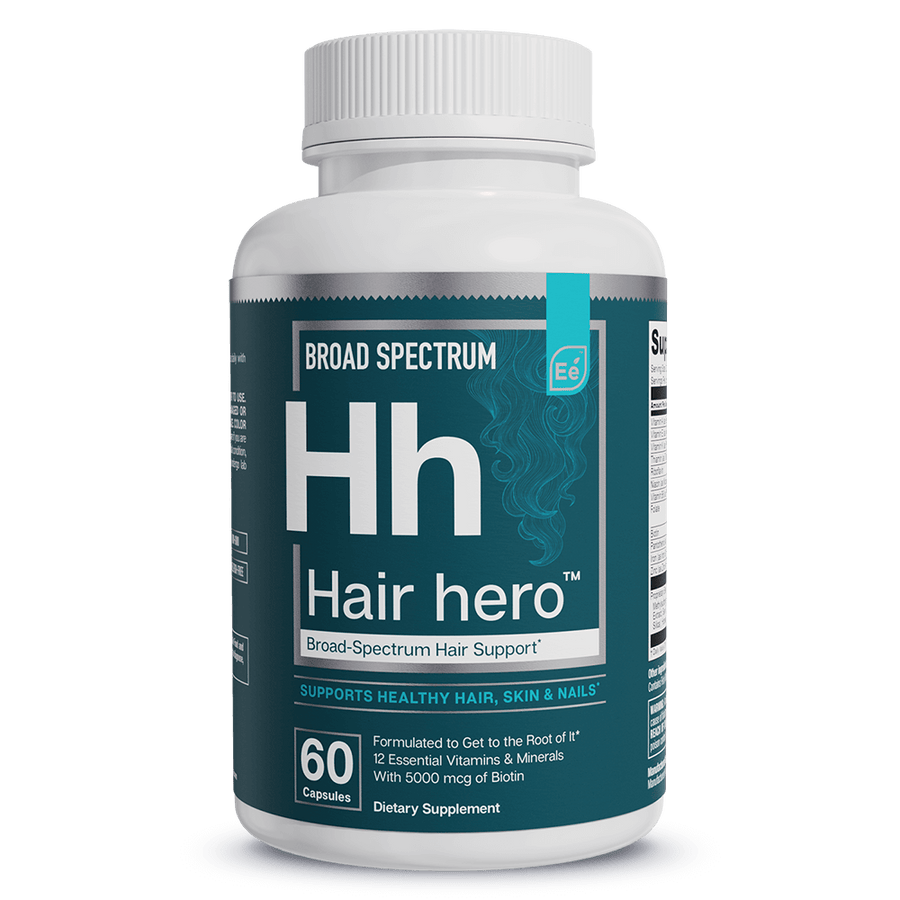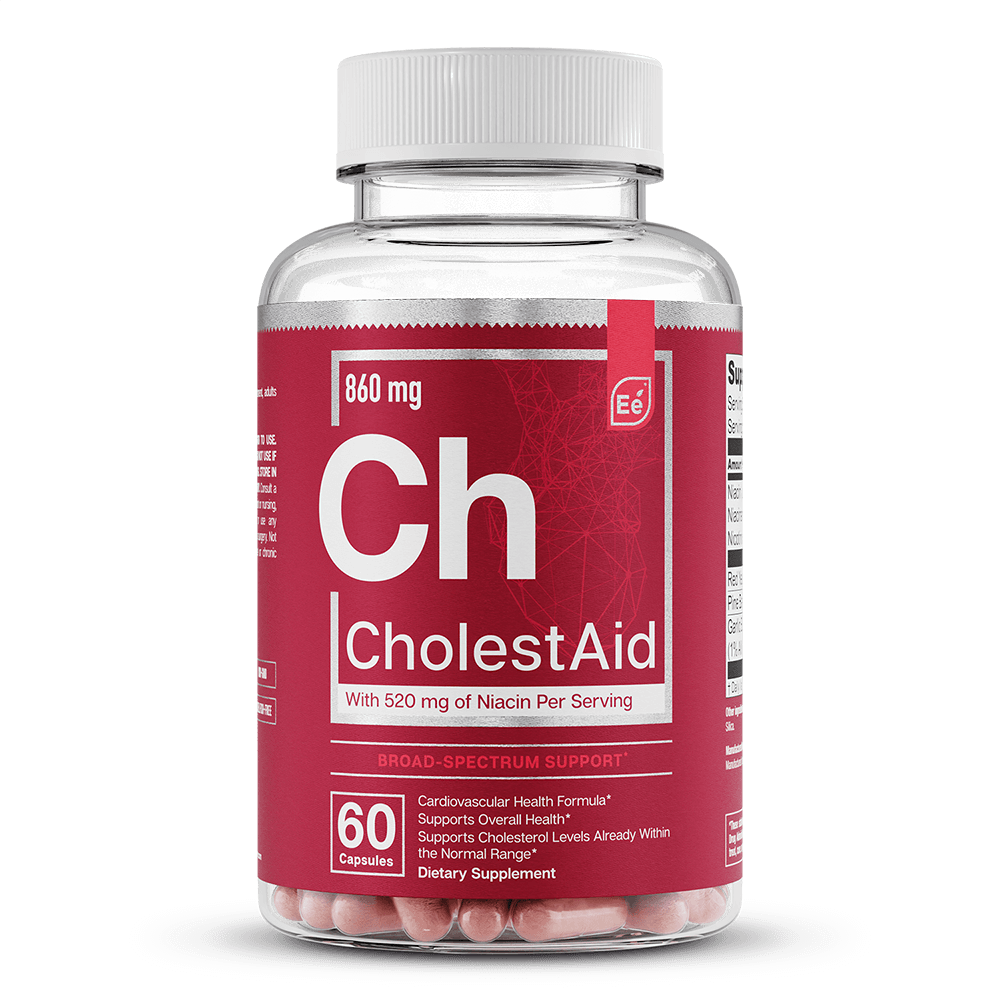The Health Benefits of Collagen Types 1 & 3 for Skin, Joints, and More
Collagen is one of the most important proteins in your body. Many people think of collagen as the ultimate ingredient for skin care products, and this is true!
Collagen is often found in creams, powders, and even supplemental pills. Even more importantly, though, it is a part of every muscle, joint, ligament, skin, and blood cell in your body. But how are different types important, and which one should you be taking as a supplement?
What Is Collagen?
Collagen is the most abundant protein in your body, so it is easy to understand why it is necessary for your health. It also happens to be the most abundant protein in your body.
Collagen is the building block for your skin, bones, and tendons and can be found in your hair, nails, joints, teeth, muscles, and even your eyelashes.
As the largest organ in your body, your skin relies on the presence of collagen. Your skin is made of 70% collagen proteins. Collagen also makes up 90% of your connective tissue and bone mass.
The long amino acid chains that form collagen help to build and connect the bones, skin, and connective tissues throughout your body. Without collagen, critical body parts would not be able to function.
As you get older, the body's production of collagen begins to slow. After your twenties, you typically have to rely on dietary sources to keep your collagen levels up.

Sadly, the typical Western diet contains too much processed, sugar-laden, and high-fat foods, which are not rich in collagen. As a result, the market for collagen supplements has skyrocketed. But which kind should you buy?
The Many Faces of Collagen
You may only know of collagen as a collective protein, but there are actually different types of the protein. Type 1, 2, and 3 collagen can be found within your body, and each version has its own abilities, functions, and benefits.
Understanding each type makes it beneficial to your health as you determine which type you need in your life.
Type 1 collagen and type 2 collagen are typically grouped together in discussions because they are the most abundant versions in your body. Both types are produced by osteoblasts and fibroblasts, the cells responsible for producing bone. Type 2 collagen is associated with cartilaginous tissue and is not found as often as the more abundant versions.
Type 1 collagen is found all over your body and is essential to promoting skin health. When used in studies, type 1 collagen has been shown to increase skin hydration and firmness, as well as decrease the appearance of wrinkles.
Type 3 collagen is typically found in artery walls and the walls of hollow organs such as your esophagus, spleen, pancreas, and gallbladder. You can also find this type in muscle fibers alongside type 1.
The benefits of collagen lay in the important amino acid chains of these vital proteins. Glycine and proline are essential amino acids that we require. Glycine is the most abundant amino acid and possesses powerful health properties that support cells and tissues. The presence of glycine in collagens type 1 and 3 also supports metabolic processes.

Proline is a non-essential amino acid formed from glycine that plays a role in joint and tendon health. Proline is a main player in the stimulation of collagen synthesis and also delivers antioxidant support against everyday oxidative stress in your body.
In addition to these two amino acids, collagen types 1 and 3 contain glutamine, which helps in the maintenance of a healthy gut, and arginine, which helps creatine synthesis. Creatine helps to promote your athletic performance.
Benefits of Types 1 and 3 Collagen
Supplementing collagen as you get older will ensure that you maintain optimal health. With collagen being found all over your body, there are numerous benefits that both types of collagen provide.
The good news is that even though your own production of collagen is slowing, supplemental support will ensure you get all the benefits below.

Promote Elasticity: Decreased levels of collagen cause your skin to lose elasticity, which makes cellulite more visible and allows for dry, cracked skin. Collagens type 1 and 3 help hydrate your skin, allowing it to remain firm and elastic, so you get soft, smooth skin and your skin cells can renew much more efficiently.
Healthy Aging: As collagen levels decrease, your skin becomes thinner and drier, which promotes the appearance of wrinkles. Age gracefully with collagen supplements, and promote fresh, glowing, younger-looking skin by minimizing the appearance of fine lines and wrinkles associated with collagen loss.
Promote Hair Health: The antioxidant properties of collagen type 3 specifically help promote the health of your hair. By combatting everyday oxidative stress, collagen supports your hair follicles.
Collagen supplements can promote hair health and volume, giving your hair a full, healthy appearnace.
Support Heart Health: The amino acid proline in collagen promotes arterial health.
The Essential Element
Whether collagen is used to keep you looking young or to promote health from within, this protein is essential to your overall well-being. And as we age, it becomes important to supplement collagen types 1 and 3 in your life.
Look into collagen supplements today, reap the health benefits tomorrow, and stay young at heart for life.





